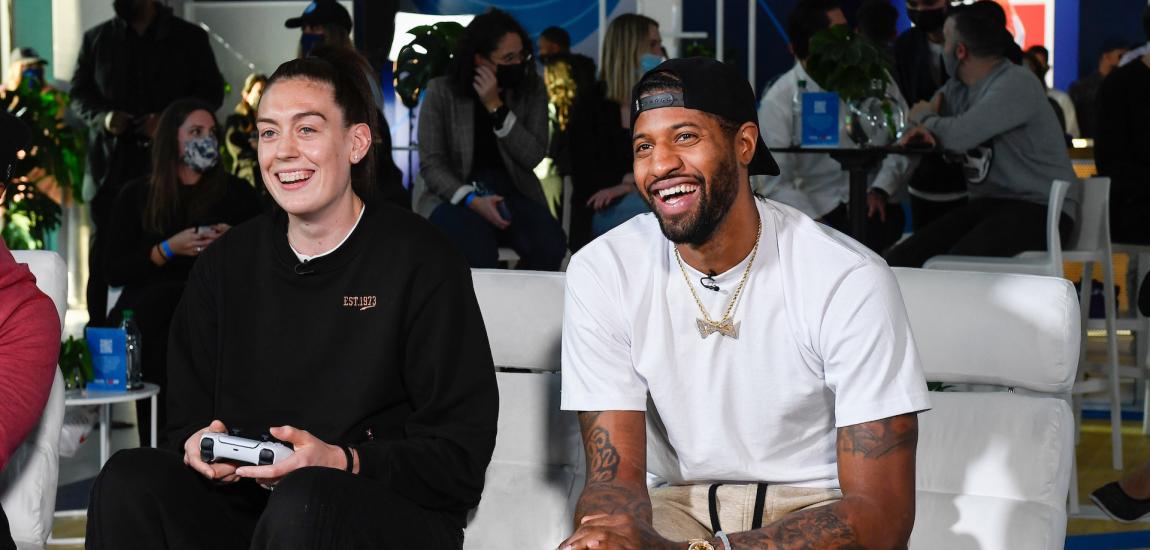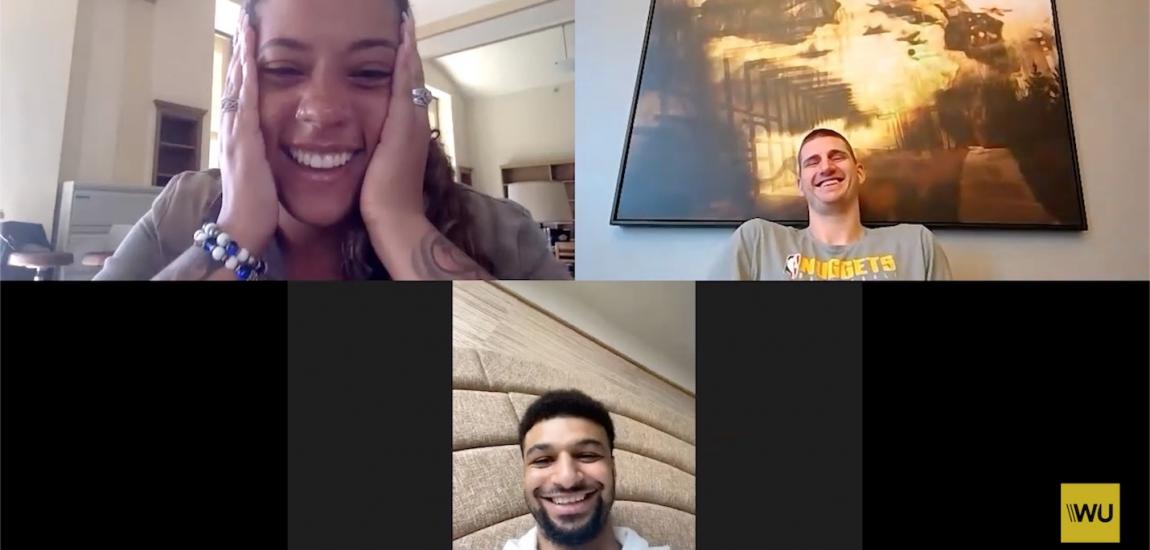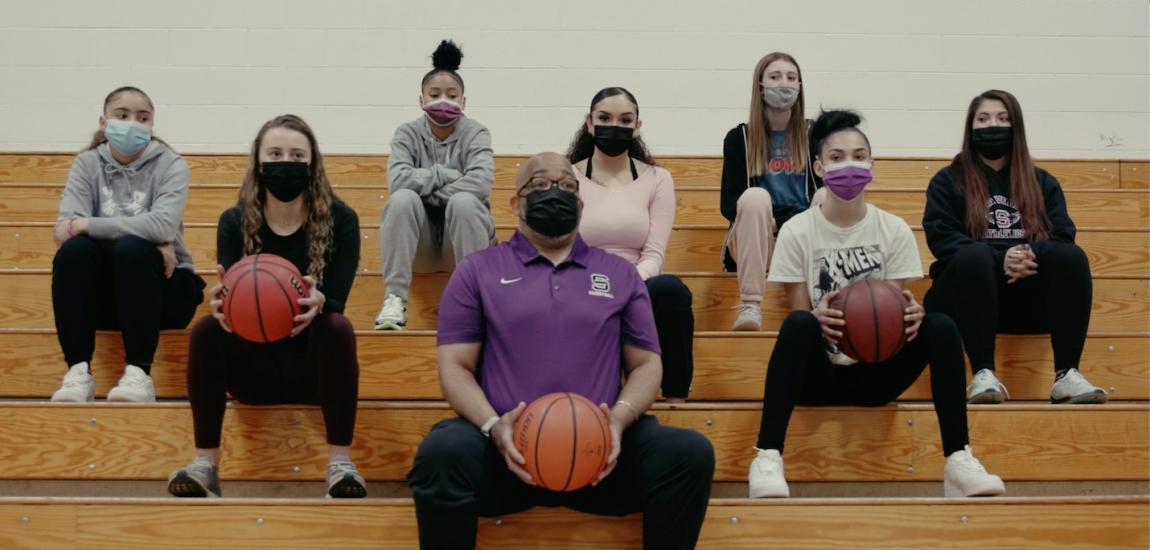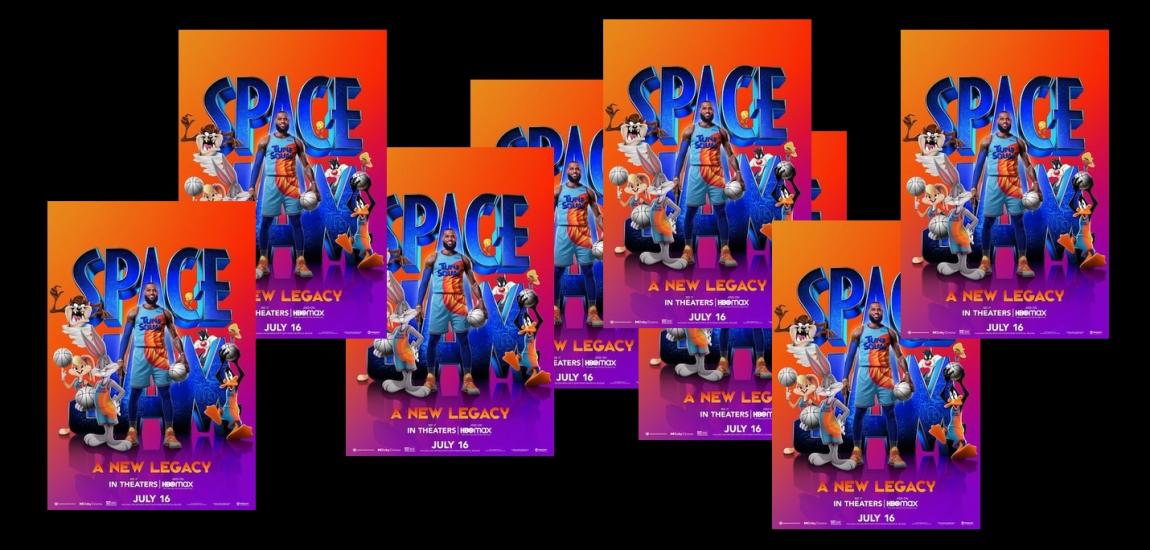Oscar Robertson is one of the best players in NBA history, but The Big O's larger legacy may lie in spearheading the fight for his fellow players' financial equity and free agency. With the support of stars John Havlicek, Bill Bradley, Wes Unseld and others, Robertson filed a lawsuit against the NBA in 1970. The settlement paved the way for the record-setting paydays for today's NBA players -- stars and role players alike. But it also subjected players involved in the lawsuit to harsh consequences from the league. In Hard Labor: The Battle That Birthed The Billion-Dollar NBA, Sam Smith, the author of The Jordan Rules and Second Coming, examines the massive repercussions for the NBA and sports in the United States in the 40 years since.
The Oscar Robertson suit is basketball's seminal document that, in effect, created the modern National Basketball Association. Because it not only allowed for the merger with the jazzy American Basketball Association in 1976, but it helped create the environment for the fabulous growth of the NBA in a partnership with its players that has enhanced and grown the game to its current level, where it is challenging to be the most popular sport in the world. Its players have profited exponentially. It would be the nexus of competition and slam dunk economics.
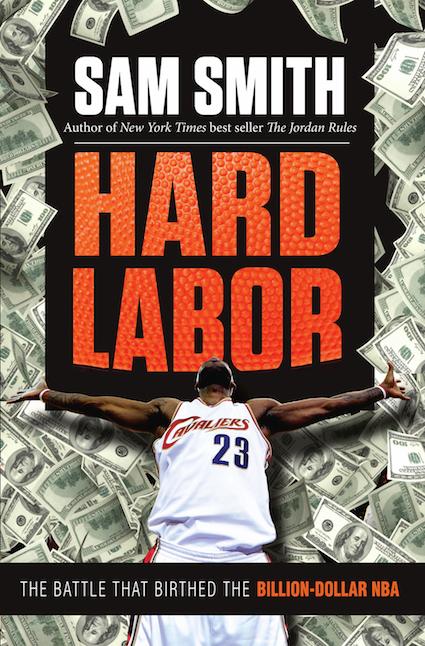 The suit, led in 1970, initially blocked the NBA's proposed merger with the ABA on antitrust grounds. NBA players finally had negotiating leverage with the advent of the ABA in 1967. So they filed suit to stop the merger after the NBA realized it couldn't ignore the ABA out of business, like it did the ABL of the early 1960s. The NBA went to Congress to seek an exemption like baseball and football had, but was rebuffed. The ABA then filed its own antitrust suit against the NBA. With the NBA losing in court and the NBA players running out of money to battle in court, settlement talks began at the start of 1976 and an agreement was officially signed in July 1976. Talk about your Spirit of '76.
The suit, led in 1970, initially blocked the NBA's proposed merger with the ABA on antitrust grounds. NBA players finally had negotiating leverage with the advent of the ABA in 1967. So they filed suit to stop the merger after the NBA realized it couldn't ignore the ABA out of business, like it did the ABL of the early 1960s. The NBA went to Congress to seek an exemption like baseball and football had, but was rebuffed. The ABA then filed its own antitrust suit against the NBA. With the NBA losing in court and the NBA players running out of money to battle in court, settlement talks began at the start of 1976 and an agreement was officially signed in July 1976. Talk about your Spirit of '76.
It evolved into an instrument for the freedom of players through free agency, finally breaking the hold teams had on players with the reserve clause, which tied a player to his team for perpetuity. Free agency would be introduced in stages with not much movement until the 1990s. However, it has become not only an economic vehicle to drive NBA interest but a tangential element as compelling as the games. LeBron's TV "Decision" was rated as high as playoff games. It has leveled the playing field in the NBA more than ever thought possible and enabled players to determine their actual worth in the market, which is only fair for any worker and, as we like to say, the American way. It is the model of capitalism of which we are so proud and connected. It has been an essential element in the fusion that has enabled the NBA to explode on the worldwide market.
The Robertson suit would come about at the same time Curt Flood was fighting baseball, losing his career in the process after a 1972 Supreme Court decision went against him. Major League Baseball agreed to arbitration on the issue after Flood lost at the U.S. Supreme Court. But then baseball's reserve clause would be shattered at the end of 1975 when arbiter Peter Seitz ruled pitcher Andy Messersmith (along with retiring pitcher Dave McNally) was a free agent after playing a season without a signed contract. Seitz was fired by Major League Baseball after issuing the rulings.
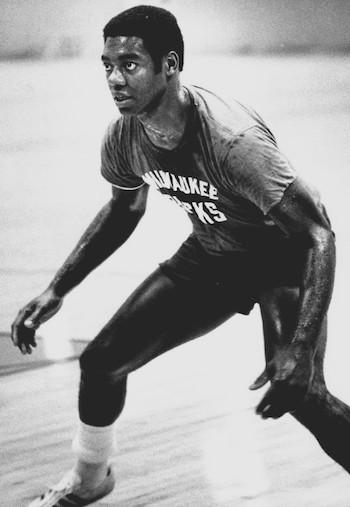
Meanwhile, Robertson would obliquely suffer losses. After all, how is it that the man regarded by many with one of the most brilliant basketball minds ever never could get a job as an NBA coach or executive? True, Robertson could be demanding. Okay, really, really demanding. On officials, coaches, teammates, and opponents. He was a perfectionist player, a basketball savant who knew both the opponent's plays and tendencies and every play for every position on his team. Coach Pete Newell said at the 1960 Olympics that Oscar recognized almost immediately the ball they were using could be banked in easier, and the U.S. team adjusted immediately on the way to domination. Dick Barnett, the Lakers and Knicks guard, said Wayne Embry used to plead with him not to hold on a pick and roll. Embry would say if he didn't roll Oscar would be screaming at him.
Shortly after retiring, Robertson signed a multiyear deal with CBS to broadcast NBA games. He was a rookie, sure, and would need some help and guidance given Robertson's relations with the media weren't all that open after a Sports Illustrated interview story when he was in college that Robertson claimed badly mischaracterized him. Robertson boycotted Sports Illustrated writers for a decade as Michael Jordan also would after the magazine belittled his baseball attempts following Jordan's retirement the first time from the Bulls in 1993. Darned media. Now Oscar was part of that media. Though not for long.
During discovery later in the Robertson suit, it was revealed that Buffalo Braves owner Paul Snyder urged fellow owners and the commissioner to get Robertson off the broadcasts because of the yet unsettled suit.
"In view of the Oscar Robertson lawsuit against the NBA, I feel that all NBA owners should have been advised before the NBA mutually agreed with CBS that Oscar Robertson will be doing NBA games during this coming season," Snyder wrote. "It is my opinion Robertson is presently an adversary of the NBA and should be treated accordingly. I would like to know if your NBA television committee agreed with the selection of Robertson and, in fact, if they have been involved at all in Robertson's selection."
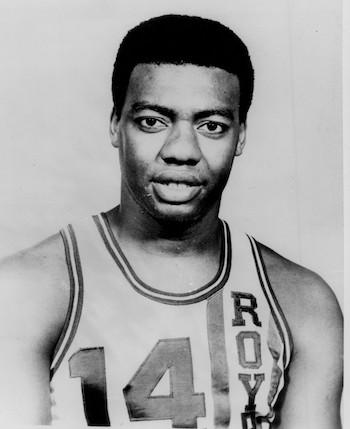
Commissioner Walter Kennedy denied any knowledge or involvement with Robertson's hiring and the implication was it would end. It did after one season.
Oscar was not going to beg teams around the NBA for work. Wayne Embry, probably Robertson's oldest friend in basketball as a former teammate and general manager when Oscar was in Milwaukee, has had a longtime advisory arrangement with the Toronto Raptors. Other greats have had various such deals or executive positions with organizations, from Jerry West to Elgin Baylor, Larry Bird, and Magic Johnson. "Oscar would have loved something like that," said Embry. He looked at me curiously when I asked him why it never happened anywhere. "The suit," Embry shrugged.
"A lot of the guys who were so great, part of that suit, Oscar, Archie Clark, Chet, these guys didn't get many opportunities other guys got," acknowledged Billy Cunningham. "I went up to CBS after I finished playing. I tried out for doing some games on TV. I got a call back and was told I'd get the job. The guy later said to me, 'I really wanted to hire a black player, but I have to hire you.' I looked at him and I didn't have a response. I didn't know what to say."
-- Excerpted by permission from Hard Labor: The Battle That Birthed The Billion-Dollar NBA by Sam Smith. Copyright (c) 2017. Published by Triumph Books. All rights reserved. No part of this excerpt may be reproduced or reprinted without permission in writing from the publisher. Available for purchase from the publisher, Amazon, Barnes & Noble and iTunes. Follow Sam Smith on Twitter @SamSmithHoops.


